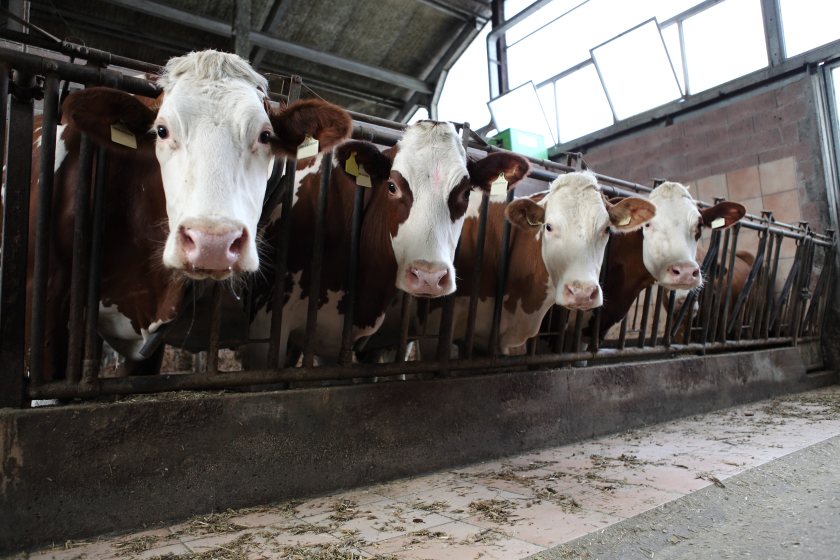
Milk supply growth from the world's biggest exporting regions is expected in the second half of 2024 and into 2025, according to a new report.
Gains are anticipated in all major regions - the so-called 'Big 7' - for the first time since 2020, RaboResearch predicts.
Rising farmgate milk prices and favourable feed costs are improving dairy farm margins, while global dairy demand remains mixed amid economic pressures.
RaboResearch predicts a 0.5% milk supply growth from the Big 7 export regions in the second half of 2024.
Michael Harvey, senior dairy analyst said: “Supply growth will maintain its momentum in 2025, with gains expected in all Big 7 exporting regions for the first time since 2020.”
The report forecasts milk supply growth of 0.8% in 2025, with affordable feed costs and improved weather supporting milk supply growth.
Firmer commodity prices have flowed through to dairy farmers in export regions, with local farmgate prices improving considerably in the second half of 2024.
In parts of Europe and New Zealand, farmgate milk prices are nearing 2022 record highs.
Rising milk prices and affordable feed have improved dairy farm margins, which will likely expand further in 2025, the report explains.
China has made significant progress in rebalancing stocks, with milk production expected to fall 1.5% year-on-year in 2025.
“We expect China’s three-year run of declining net import volumes to end in 2025, with imports improving by 2% year-on-year,” Mr Harvey said.
“This is lead by lower supply and optimism for a recovery in consumer demand.”
In China, farmgate milk prices are near 10-year lows, triggering herd reductions and farm exits, while dairy demand remains sluggish.
Globally, dairy demand dynamics remain mixed, with consumer spending still under pressure across many economies, the report explains.
Foodservice channels remain sluggish in most major markets, with retail dairy inflation remaining mixed across major markets, while deflation in some markets is helping consumers’ budgets.
Mr Harvey said: “Consumers are eating at home more, supporting retail, but there are continuing signs of trading down and some reductions in purchases, particularly in emerging markets.
"A meaningful lift in incomes and consumer confidence are required to spur dairy demand to more normal settings.
“Global dairy fundamentals remain mostly balanced moving into 2025. There are more milk and dairy products in the pipeline, and demand should also improve in 2025.
"However, geopolitics, disease, and weather could influence trade and production,” he cautioned.
With the election of Donald Trump, the report notes that markets are watching for the risk of rising US protectionism and potential trade tensions.
A re-emergence of tariffs could disrupt dairy trade flows, while the threat of mass deportations could disrupt US farm labour availability.
Meanwhile, China’s Ministry of Commerce has launched an investigation into EU dairy subsidies that could have far-reaching consequences for European exports of liquid cream and various cheeses.
Management of disease outbreaks – avian influenza in the US and bluetongue in Europe – is also a key factor to watch, RaboResearch says.
There is optimism that vaccinations for both diseases could mitigate production impacts in 2025.
